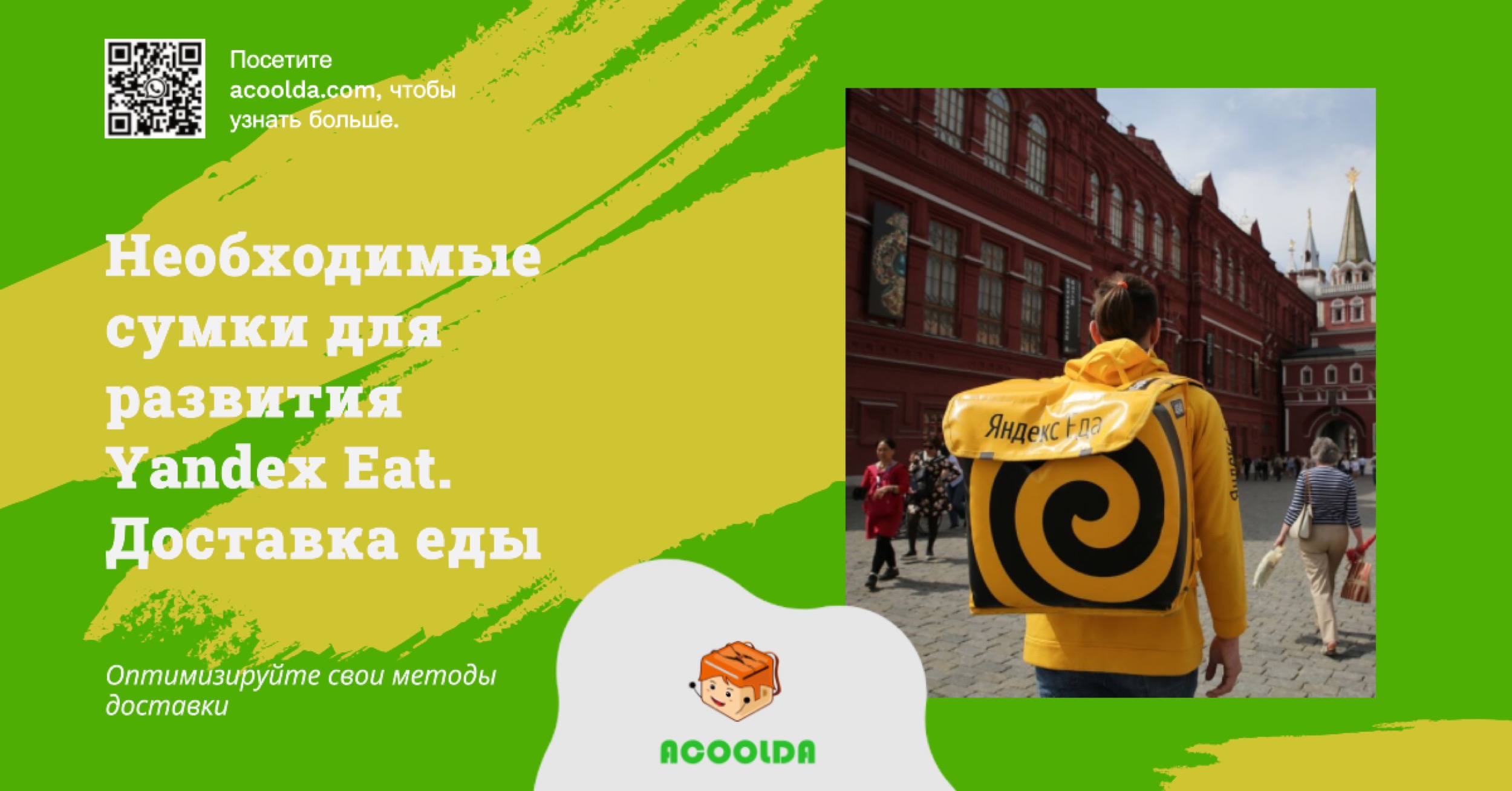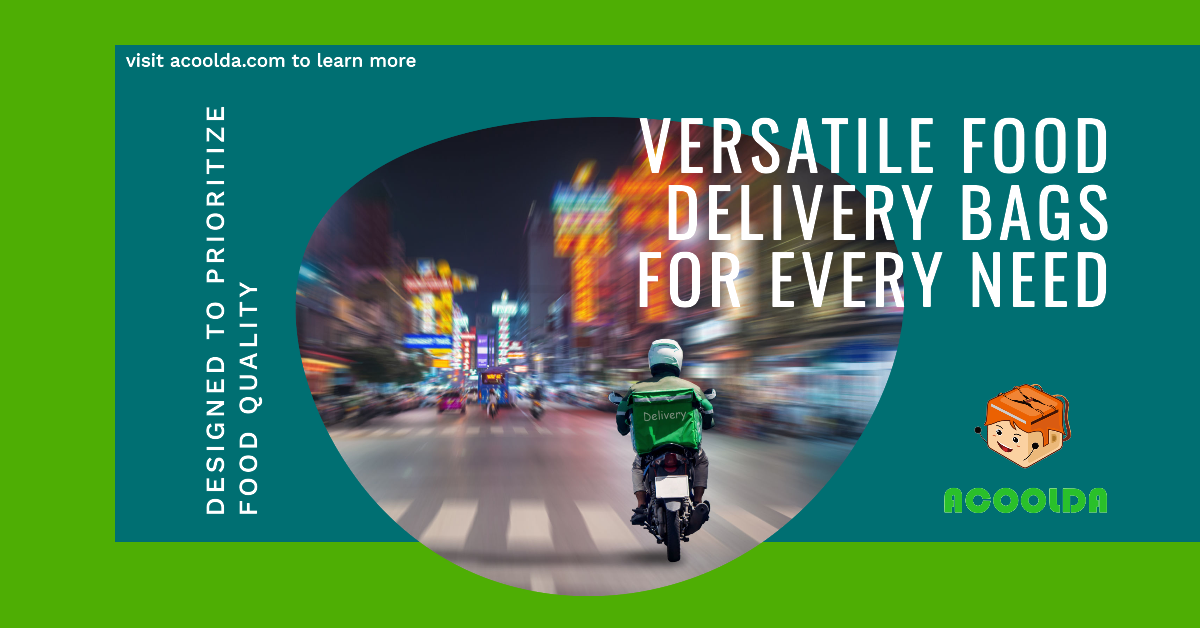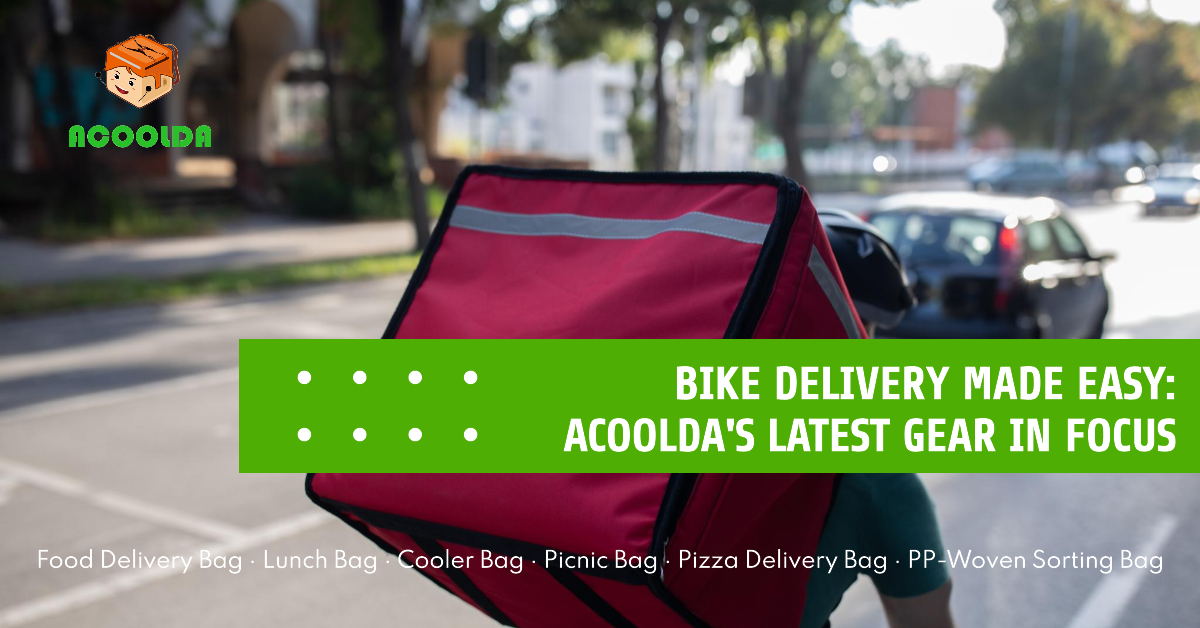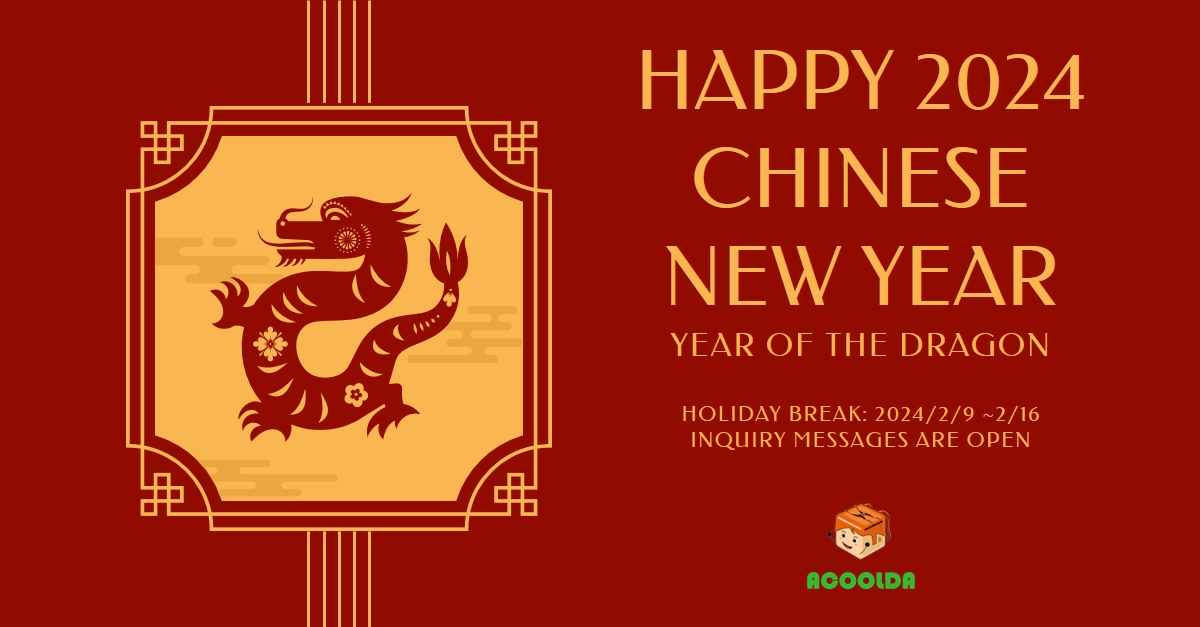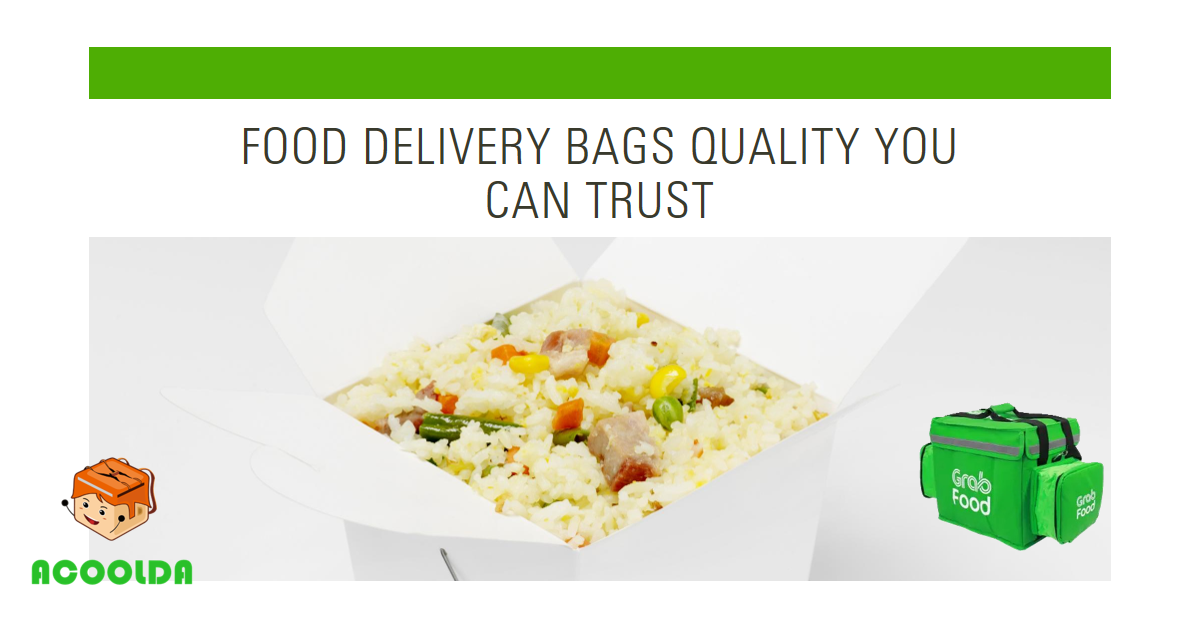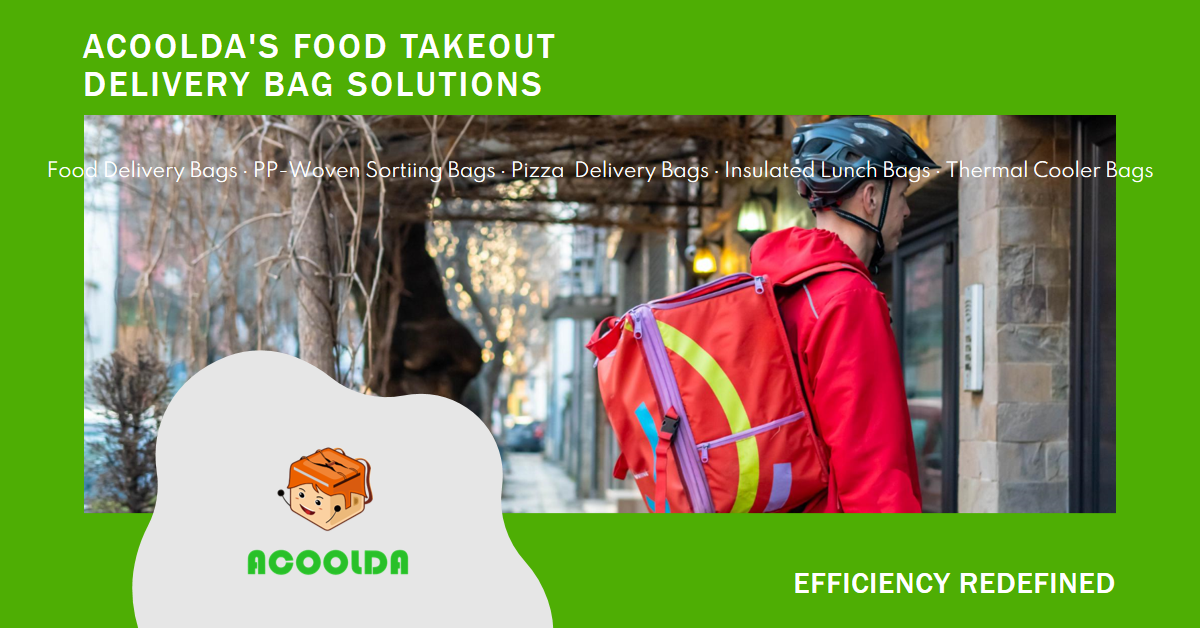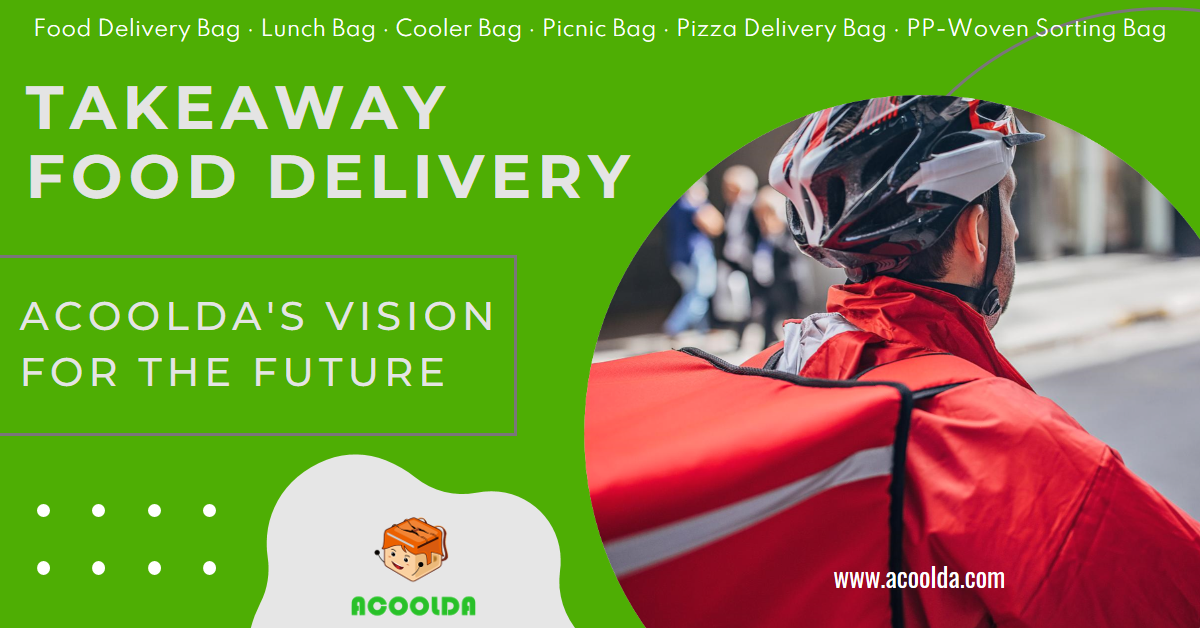0102030405
The new sustainable handbag brand reimagines the look of Forever items
2021-08-23
A common sustainable style suggestion is to wear items you like over and over again. Handbags are naturally suitable for this purpose. It is a wardrobe element that can be reused for several days, weeks or months. It becomes an extension of your arm and a reliable place to store everything you need for a day. The best handbags are practical, versatile, and showcase beautiful designs-this combination ensures that you can not only match a variety of clothes, but also wear decades of trends. Even better, these sustainable bag brands set an example for responsibility and awareness, far beyond the accessories that are often used. However, in order to avoid you thinking that you must invest in high-end luxury bags to ensure durability, know that there are many smaller brands investing in items that you want to keep forever. The following 10 bag labels include new names in the fashion industry, as well as emerging brands that may not have caught your attention. Their designs alone-with unique and practical silhouettes and eye-catching fabrics-are enough to attract anyone's attention, but what happens behind the production is equally innovative. These handbags consist of fabrics that have been reused and ethically sourced, many of which are produced in small batches to ensure that your purchase feels special while avoiding overproduction and waste. In order to understand the priorities of each brand more specifically, they will share how they define sustainability according to their own conditions. Please keep reading before investing in your next favorite bag. We only include products independently selected by the TZR editorial team. However, if you purchase products through the links in this article, we may receive a portion of the sales. Advene co-founders Zixuan and Wang Yijia put sustainability at the core of their brand. “We spent two years optimizing the process and providing well-made, well-structured quality products at reasonable prices. We are still learning and growing,” said Wang of the brand launched in 2020. "We comprehensively evaluate our sustainability efforts, focusing on the entire life cycle of materials (including procurement, manufacturing, assembly and packaging), rather than indulging in so-called'green' solutions." For Advene, this means bypassing vegan leather alternatives, some of which may contain large amounts of polyurethane. “We choose to use 100% traceable cowhide from food by-products to manufacture all our leather products, and produce them in the Scope C gold standard tannery certified by the Leather Working Group, of which there are only 13 in the world,” Wang said. "The certification guarantees that every step, from raw hides to finished leather, meets the highest standards for environmental impact and production." Other Advene measures include eliminating the use of plastic fillers and providing 100% carbon neutral delivery. In addition, Xuan added that the design of the brand itself has been well thought out. "By publishing one design at a time, rather than adopting standard seasonal methods, we make room for ourselves and our collaborators to get inspiration from the world around them without the creation of a ruthless production schedule Overwhelming pressure," declared. Natasha “Roop” Fernandes Anjo's Manchester-based brand may have attracted your attention for its iconic Japanese furoshiki-inspired design, but this is just one of the styles that Roop has created exclusively with unsalable fabrics. "In the beginning I thought this would be a problem: as my business grew, I tried to purchase enough fabrics for my business," Anjo said. "However, there are a lot of unwanted fabrics there, and I can't understand why we have to produce and waste so much." Anjo's current collection is custom-made, and she focuses on using scraps designed in the past 18 months to create her other playful styles, including messenger bags and hair ring shoulder bags. "My biggest influence is the story that my accessories will become part of them when they arrive at their new home," she said. "I like to imagine my bag will dance to all the songs, the meals they will participate in, how my bun can help prevent hair from showing on my face when someone is working from home, and imagine everything I do becomes a part of it , It makes me feel very happy about someone’s life." The name Merlette is no stranger to sustainable fashion, but the founder Marina Cortbawi has expanded the brand's product range to include handbags this year. "We started using existing materials in our collection-which significantly reduces waste-for our all-fabric bags," Cortbawi said, adding that the line uses OEKO-TEX® certified fabrics (without 100 A variety of harmful chemicals)) and respect traditional craftsmanship. "We work with a team of talented female craftsmen in India to handcraft bags (some styles require up to 100 hours of hand embroidery!) crafts." Merlette's bags will be launched in new styles and new colors according to the seasons, which are excellent everyday handbags. These include mini handbags with exquisite woven patterns, and Spanish basket bags inspired by Kantha's embroidery shared by Cortbawi. "I hope these bags can be worn day and night, weekdays and weekends-this is what I see women wearing on the streets of New York, and my lifestyle as a business owner and new mother." For Los Angeles-based Hozen, the sustainable way is to use vegan alternatives in its series of butter-looking handbags without harming the environment. Founder Rae Nicoletti shared that materials include “upgraded, recycled, and biodegradable options manufactured in a careful, fair and low-impact manner.” Hozen is also in its small batch production of hobo, handbag and crossbody styles. Using Desserto cactus "leather", these styles use neutral colors and bright tones. "Seasonal wear resistance is not negotiable," Nicoletti said of her design. She shared that Hozen is unique not only in the bag itself, but also in all the steps in the process. This includes the use of Boox reusable shipping boxes and the provision of repair/recycling programs to ensure consumers make the most of their purchase life cycle. After working in a large corporate brand for many years, Mónica Santos Gil launched her brand Santos by Mónica during the quarantine period, aiming to slow down the fashion process through small batches and custom designs. "As a small company, focusing on this type of production is our way to more directly control our inventory and reduce overproduction," Gil said of her stylish, clever design inspired by postmodern architecture and interior design . "Simplicity of form helps to create a kind of visual fluidity, which is basically the project that I and Santos are looking for: simple forms and finding ways to enable these shapes to inform the entire design of the specific product I am working on ." In addition, Mónica's Santos uses cactus leather made in Mexico. "[It] is durable and will ensure that you will be able to enjoy your bag for years to come," shared Gil of the material. "Part of our cactus leather is biodegradable, and the rest is highly recyclable. The impact of recycling is also much smaller because it uses non-toxic elements." Wilglory Tanjong launched Anima Iris in 2020. The brand pays homage to her Cameroonian roots and is committed to redefining the well-known luxury. For Tanjong, this work includes working with artisans in Dakar and sourcing materials from local Senegalese suppliers. The resulting Anima Iris design includes an elegant top handle design with a rich and pleasant array of textures, colors and patterns. The brand uses high-quality leather in its eye-catching handbag series and is committed to sustainable development throughout the production process, ensuring that the manufacturing of products will never come at the expense of the earth and the people who live on it. "In order to fulfill our commitment to sustainable development, we have adopted a zero waste model throughout the manufacturing process," said Anima Iris factory. "This ensures that no two creations are the same, and no material is wasted." Launched by Loddie Allison in 2020, Porto adheres to the "less is more" philosophy, starting with the single bag style of the series (at least for now): a drawstring pouch in two sizes. The design is simple and chic, incorporating elements of traditional Japanese aesthetics. "Our inspiration came from Wabi-Sabi, a philosophy I learned from my great-grandmother," Alison shared. "Porto respects her and the way she sees the world." As for the materials, Porto cooperates with family-run factories and tanneries, using Nappa leather and organic cotton. “The collection is handmade in Tuscany, and by focusing on slow, small-batch production, we are able to support artisans while minimizing the impact on the environment,” Alison added. Designer Tessa Vermeulen admits that “sustainability” has become a popular marketing word, but her London brand Hai is a timeless and luxurious silk handbag manufacturer. By carefully paying attention to production practices and emphasizing avoiding overproduction, the brand lives up to expectations. "At Hai, we try to make items that you can wear and collect for a long time," Vermeulen said. "This is not only because of the classic design, but also because all of our items use silk fabrics. Personally, I think the important thing is Only look for works that you will own for a long time." Vermeulen grew up between the Netherlands and China. She purchased silk in Suzhou and produced it in "very small quantities", she said, letting "demand determine further production." Currently, the Hai (meaning in Mandarin Chinese) styles include geometric shoulder bags, top handle frames with bamboo details, shirred drawstring pouches, and other footwear and clothing products. It’s 2021, and you may already have a series of reusable handbags that you can rotate to the grocery store, library or farmer’s market, but June is a new lightweight bag brand that is worth freeing up. Space. "My goal is to create a recognizable brand that is synonymous with'reusable bags'," said founder Janean Mann, who positioned Junes as "a compassionate one aimed at helping Mexican women." Brand" because of its production hired an all-female sewing company-in Juarez. However, in addition to supporting this community, June also has an impact on its proprietary Bio-Knit fabric, which has a series of earthy and vibrant colors. "We are making a fully biodegradable bag that will not exist forever in landfills or in the ocean," Mann said. "With this new fabric, we are able to completely close the cycle and effectively remove plastic from the earth." When she explained this unique process, Junes bags began to use fabric made from recycled plastic bottles injected with CiCLO. "This composition allows natural microbes in landfills and seawater to consume fiber within 60 days, so the bag can be completely decomposed and returned to the earth. The result is that a fabric leaves the earth after its usefulness is completed, taking away the plastic, otherwise These plastics can be used with it almost forever." The Asata Maisé handbag may be one of the most difficult styles on this list, but it is definitely worth a try. Designed by Delaware designer Asata Maisé Beeks, the iconic aesthetic of the eponymous series comes from its use of re-used materials, quilted together in a special, one-of-a-kind pattern. "I challenge myself to reuse the remaining fabric instead of discarding it after finishing other projects," Bixie shared her software creation, and the designer confirmed this intentional choice. "Practicability is one of my biggest design inspirations." Beek currently runs a small company and regularly releases her collection. "I am also an advocate of slow fashion and handmade fashion," said the emerging designer. "All items, including handbags, can be purchased after a long creative process." If you are interested in buying your own Asata Maisé bag, Beeks recommends that you add yourself to her mailing list, especially because the next batch will Arrived earlier this fall.

